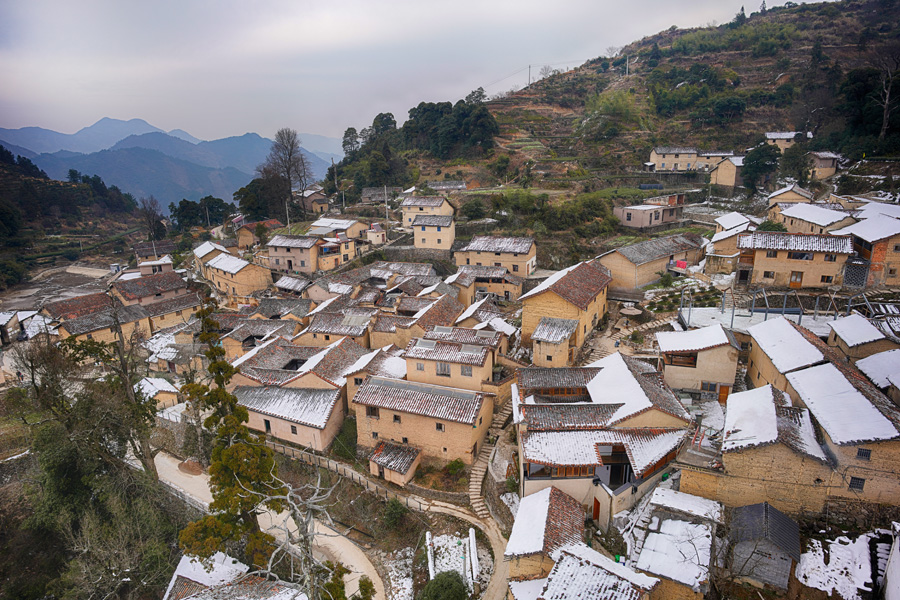Infusion of fresh blood gives villages fresh appeal


The pair rented several vacant houses that Ye says were run down and unfit for human habitation. With the help of the local government, architecture professors at Hong Kong University, Tsinghua University and the Central Academy of Fine Arts renovated the houses, turning them into homestay hotels.
The first hotel guests were friends of Ye from Shanghai, she says, who joked that they had to yell to each other living in different rooms if they want to communicate because of bad communication service.
With Pingtian's picturesque setting and its now more than adequate, modern accommodation, it suddenly became a tourist magnet, and more and more people began to visit it and stay there.
That influx led to thriving business for villagers selling local produce and homemade food to the visitors, which in turn resulted in some of the locals who had long abandoned their village returning to live.
Another two enthusiastic entrepreneurs then arrived, swelling the ranks of the village's young people, and opening a shop selling tie-dyed products.
Ye says that before she arrived on the scene Pingtian was a decidedly sleepy place, most villagers going to bed at 6 pm. The village now has a coffee shop and a community center built with government funding that have added a modicum of nightlife possibilities.
"The village is alive again," Ye says.
After living in the village for four years, she says, she has developed a connection with it, and she is keen on helping it restore elements of its culture and traditions that seem to have been lost.
Ye is an exemplar of local government efforts to attract young people back to rural areas to revitalize them as China has invested heavily in the countryside in recent years.


















